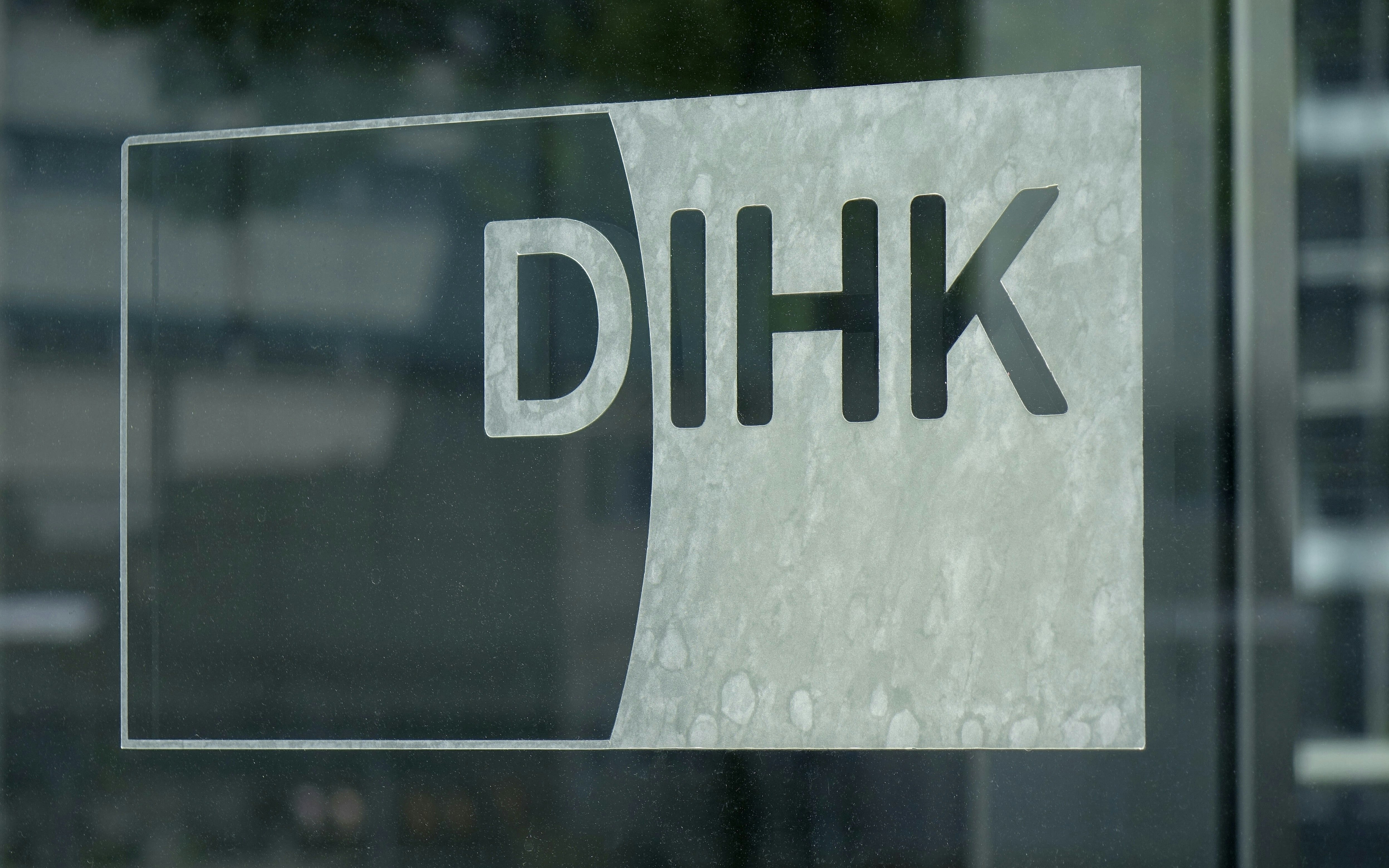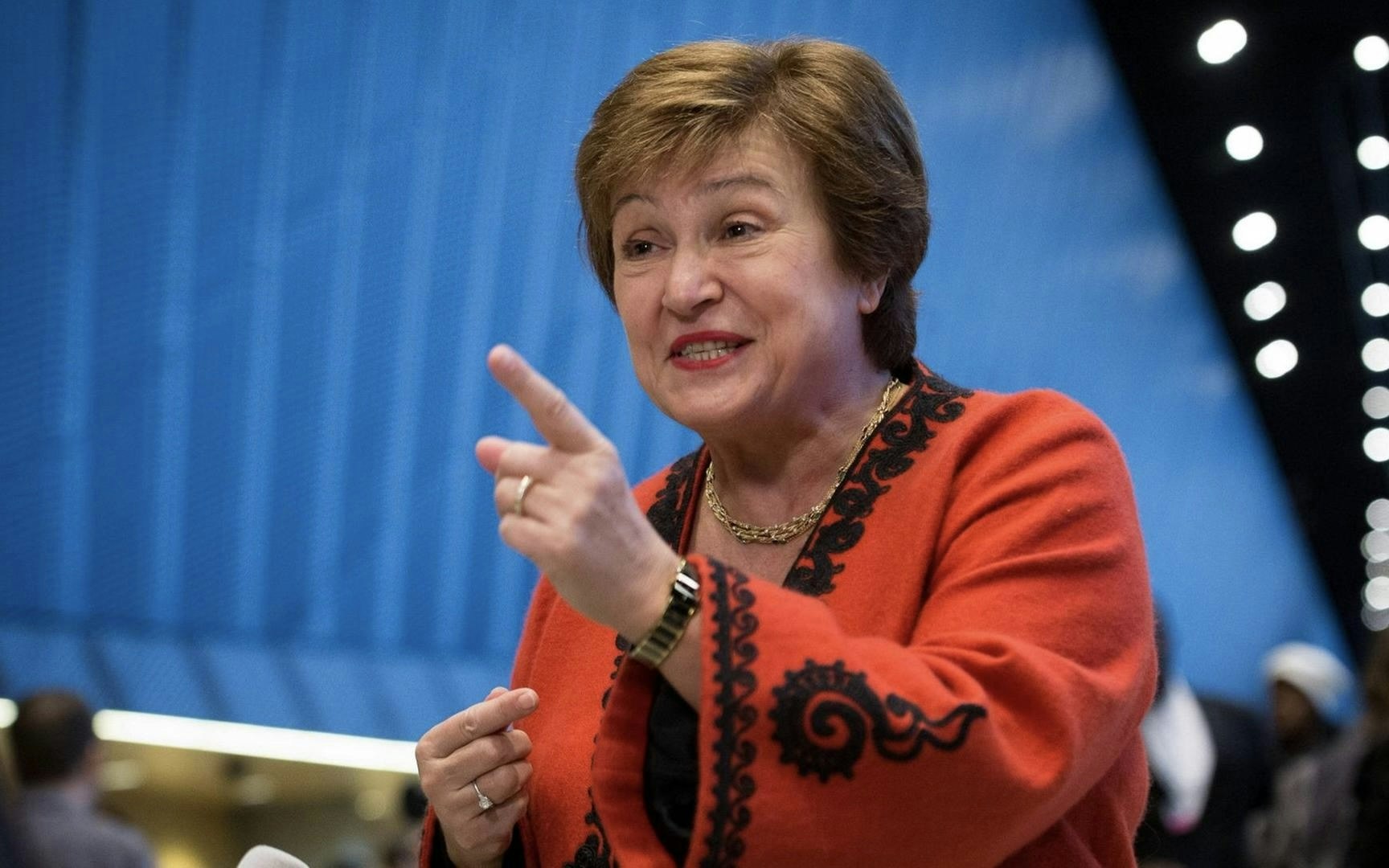Economics
Germany faces the biggest economic crisis in over 20 years
Federal Government vs. DIHK: Minimal growth expected, yet industry anticipates another decline – troubling trend among companies.

The German Chamber of Commerce and Industry (DIHK) has obtained alarming results in its annual survey of more than 27,000 companies: It expects a further decline in economic performance of 0.5 percent this year. Already in 2023, the gross domestic product had shrunk by 0.3 percent. The poor mood among companies is solidifying and the business expectations for the coming twelve months are worrisome. 35 percent of the surveyed companies expect a deterioration, while only 14 percent anticipate an improvement.
Especially worrying is a trend in the survey data: 33 percent of companies plan to reduce their investments in Germany, while only 24 percent plan to expand them. According to DIHK, this continues the negative trend from the summer of 2023 and could have long-term effects. The association warns of a renewed economic downturn of a similar magnitude as in the prolonged crisis of 2002 and 2003.
To counteract this development, the DIHK calls for decisive action from the Federal Government. Martin Wansleben, Chief Executive Officer of the DIHK, emphasizes that there is no better alternative for the ruling parties SPD, Greens, and FDP than to go full throttle now. The sharp interest rate hikes to combat the high inflation are having a negative impact on the economy. The international business of German companies is performing less poorly than feared, but the problem lies within Germany itself.
Almost three out of five companies now see economic policy framework conditions as a business risk. This is an alarming record high in the surveys by the DIHK. Particularly the pervasive bureaucracy is perceived as problematic by the companies. According to Wansleben, the bureaucracy reduction announced by the government is not yet noticeable in the companies.
Additional Business Risks Include High Energy Prices, Skills Shortage, Weak Domestic Demand, and High Labor Costs. This increasingly leads to companies reducing their investments. According to Wansleben, everything must be done to increase the supply of companies without simultaneously fueling inflation. As an example, he cites the urgently needed reduction of bureaucracy. The DIHK even calls for the suspension of the German Supply Chain Act, which holds larger companies accountable for malpractices in their supply chains.
According to Finance Minister Christian Lindner (FDP), the federal government plans to present a concept for strengthening the domestic economic location by spring. However, the visions of the individual parties still diverge widely. While the Greens advocate for a special fund for investments financed by debt, the FDP focuses on tax relief and bureaucracy reduction. Both Lindner and Economics Minister Robert Habeck (Greens) have recently described Germany as no longer competitive, while Chancellor Olaf Scholz (SPD) is more optimistic.
The Federal Government to Officially Lower its Growth Forecast for 2024 from 1.3 to Just 0.2 Percent Next Week. Lindner Calls This Development "Embarrassing" and "Socially Dangerous". Germany to End Up Again in the Bottom Group of Industrialized Nations. In 2023, No Western Democracy Performed Worse. According to Lindner, Germany Will Become Poorer if No Action is Taken.







